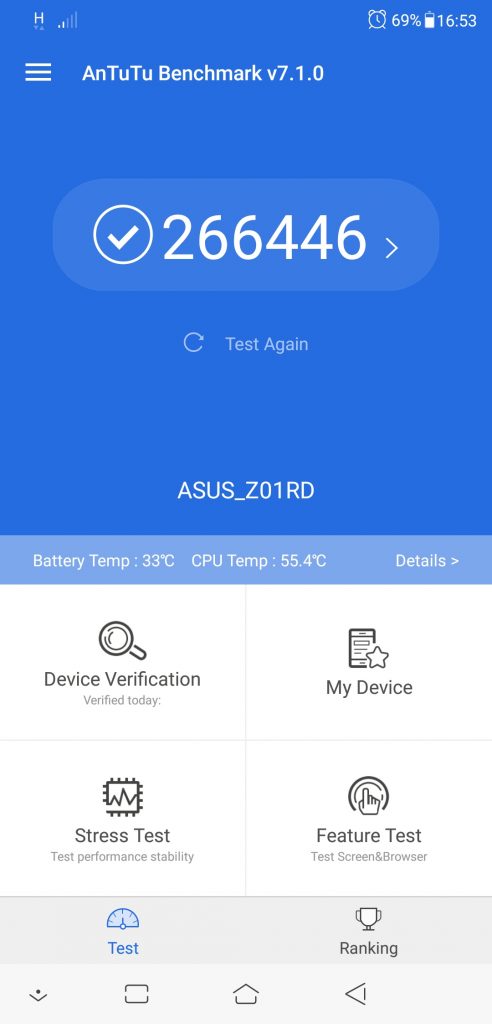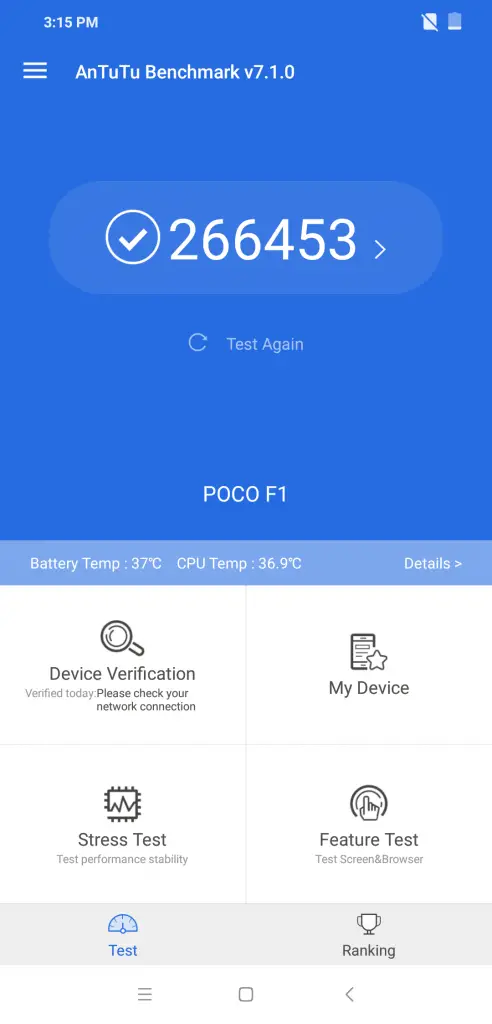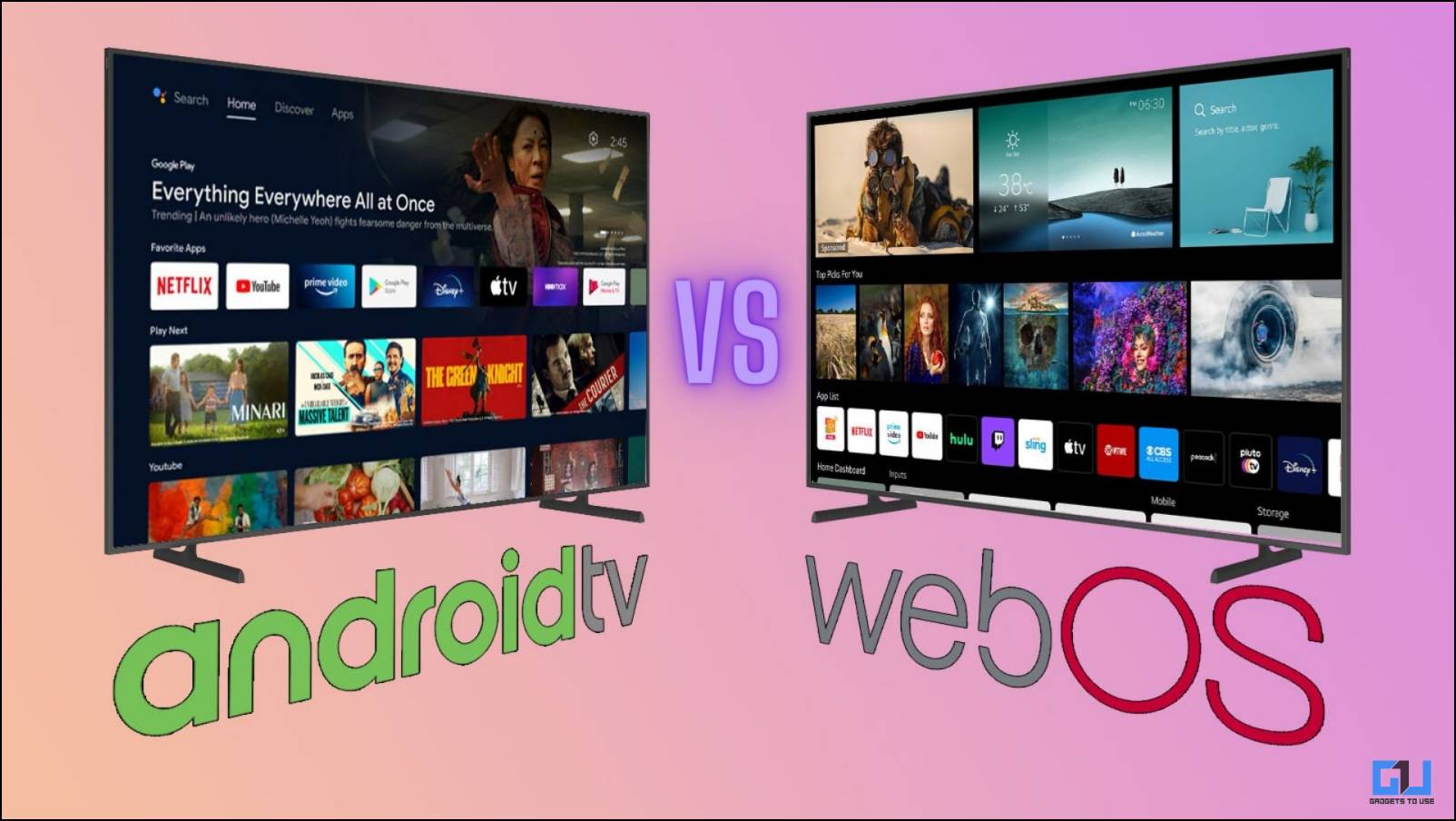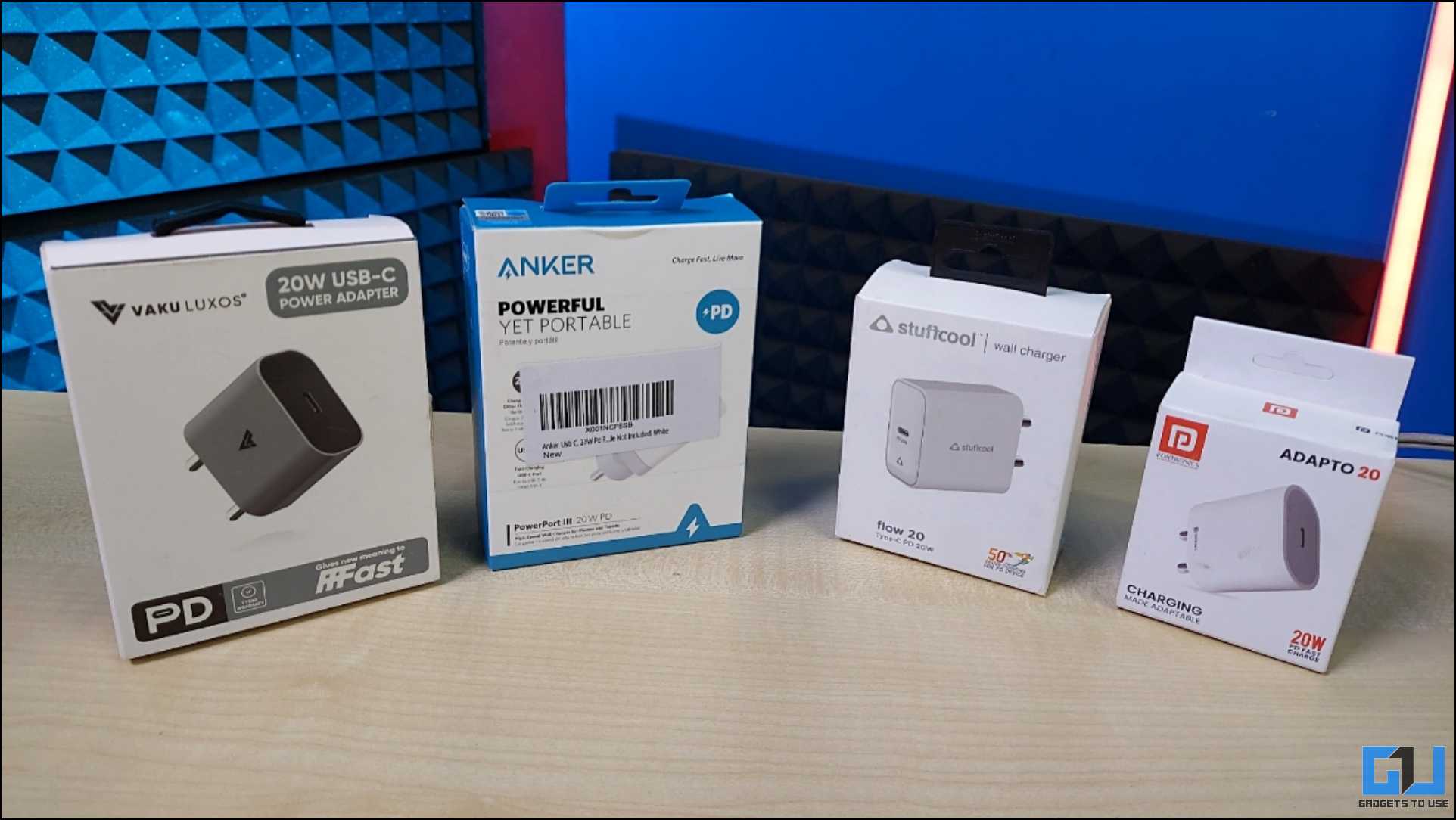Xiaomi has released a new smartphone sub-brand to make some flagship level smartphone at mid-range prices. The smartphone comes with the high-end Qualcomm Snapdragon 845 processor for as low as Rs 20,999. The smartphone comes with 6GB/ 8GB RAM with up to 256GB internal storage.
Let’s see if the Poco F1 with such low price range can compete with an already crowned smartphone as an ‘affordable flagship’- Asus Zenfone 5Z.
Specifications Comparision
| Key Specifications | Zenfone 5Z | Poco F1 |
| Display | 6.2-inch IPS LCD 19:9 ratio | 6.18-inch IPS LCD 18.7:9 ratio |
| Screen Resolution | FHD+ 1080 x 2246 pixels | FHD+ 1080 x 2246 pixels |
| Operating System | Android 8.0 Oreo with ZenUI 5.0 | Android 8.1 Oreo with MIUI 9 |
| Processor | Octa-core | Octa-core |
| Chipset | Snapdragon 845 | Snapdragon 845 |
| GPU | Adreno 630 | Adreno 630 |
| RAM | 6GB/8GB | 6GB/8GB |
| Internal Storage | 64GB/128GB/256GB | 64GB/128GB/256GB |
| Expandable Storage | Yes, Up to 2TB | Up to 256GB |
| Primary Camera | Dual: 12 MP (f/1.8, 1.4µm, PDAF) + 8 MP (f/2.0, 1.12µm), gyro EIS, dual-LED (dual tone) flash | Dual: 12 MP (f/1.9, 1.22µm, gyro-EIS, OIS) + 5 MP (f/2.0, 1.0µm), PDAF, dual-LED flash |
| Secondary Camera | 8 MP (f/2.0, 1.12µm), gyro EIS, 1080p | 20 MP (f/2.0, 1.0µm), gyro-EIS, Auto HDR, 1080p |
| Video Recording | 2160p@30/60fps, 1080p@30/60/120fps | 2160p@30fps, 1080p@30/60/240fps |
| Battery | 3300 mAh | 4000 mAh |
| 4G VoLTE | Yes | Yes |
| Dimensions | 153 x 75.7 x 7.9 mm | 155.5 x 75.3 x 8.8 mm |
| Weight | 155 g | 180 g |
| Water Resistant | No | No |
| Sim Card Type | Dual SIM (Nano-SIM, dual stand-by) | Dual SIM (Nano-SIM, dual stand-by) |
| Starting Price | Rs. 29,999 | Rs. 20,999 |
Build and Design: Polycarbonate vs Glass
Poco has done some price cutting in the smartphone by adding a Kevlar (polycarbonate) back panel to a metal frame. The smartphone feels good, but only with the Armored version, the other variants feel “not-premium” at all. The Poco F1 smartphone is chunkier (8.8 mm) than the Asus Zenfone 5Z (7.9 mm.)
The Asus Zenfone 5Z looks premium than Poco F1 at every point. Asus followed the latest trend and provided the most premium material on their smartphone. Even being a glass back phone, Asus Zenfone 5Z is lighter (155g) than the Poco F1 (180g.)
Display: Notch to Notch comparison
The Asus Zenfone 5Z comes with a 6.2 inches IPS LCD with 18.7:9 aspect ratio. The smartphone comes with a notch which holds the front-facing camera and the necessary sensors. The resolution of the display is FHD+ which is decent and similar to the Poco F1.
The Poco F1 also comes with a 6.18 inches IPS LCD panel with the similar 18.7:9 aspect ratio. The Poco F1 also comes with a notch on the top which is bigger than the one in Asus Zenfone 5Z. The bottom chin on the Poco F1 is also thicker in comparison to the Zenfone 5Z. Outdoor visibility is similar in both, but the color contrast and viewing angles are better in Zenfone 5Z.
Camera: Zenfone 5Z is better
Asus Zenfone 5Z comes with a dual camera set up at the back which includes a 12MP primary sensor and an 8MP depth sensor. The smartphone comes with Optical Image Stabilization (OIS) for stable videos ad 4K video recording support. The front-facing camera on Zenfone 5Z is an 8MP sensor with gyro EIS stabilization.
- Poco F1
- Poco F1
- Poco F1
- Poco F1
- Poco F1
The Poco F1 comes with the same camera set up at the back which we have seen on most of the Xiaomi smartphones. The 12MP + 5MP camera takes excellent pictures with depth effect in portraits. The smartphone comes with a 20MP selfie camera with portrait mode in selfies. Selfies are better on Poco F1, but when it comes to the primary rear camera, Zenfone 5Z is better in details and everything.
Performance: Numbers don’t lie
Poco F1 comes with a Qualcomm Snapdragon 845 processor paired with 8GB RAM and 256GB internal storage. The smartphone comes with a new an redesigned launcher called Poco Launcher with app drawer. The smartphone performed really well in every possible situation. Games load faster and apps launch faster and switching is seamless.
The Asus Zenfone 5Z comes with the similar Snapdragon 845 processor but with less 6GB RAM. The Zenfone 5Z also launches and loads games and apps faster, but Poco F1 is a split second faster than the Zenfone 5Z because of more RAM. According to the AnTuTu benchmark numbers, both the smartphones performed equally despite the fact that Zenfone 5Z comes with less RAM.
More Features
Poco F1 comes with a 4000 mAh battery which provides a decent full day of battery backup in all conditions. Whereas the Asus Zenfone 5Z features a smaller 3300 mAh battery which also gives you a full day of battery backup.
The Poco F1 comes with a more secure face scanner with an IR sensor to unlock the smartphone in the dark as well. But the Asus Zenfone 5Z comes with a front facing camera based Face Recognition. Both the smartphone features the fingerprint sensor we well and both of them are pretty fast.
- MIUI for POCO
- ZenUI
Coming to the software, the Poco F1 comes with Android 8.1 Oreo-based MIUI 9 on it, and Xiaomi is planning to provide the Android 9 Pie in Q4 this year. The Asus Zenfone 5Z comes with Android 8.1 Oreo-based ZenUI 5.0 which is smooth, but the next Android update is a bit far than the Xiaomi.
Conclusion
The Poco F1 is a great smartphone, but it lacks a lot of things which a smartphone needs like camera quality and build quality. Whereas the Asus Zenfone 5Z looks better than Poco F1 and performs almost similar to the 8GB variant of the Poco F1. If you want the smartphone only for its performance, then Poco is an excellent choice but if you want a smartphone which is better in all ways then go no further than Asus Zenfone 5Z.























